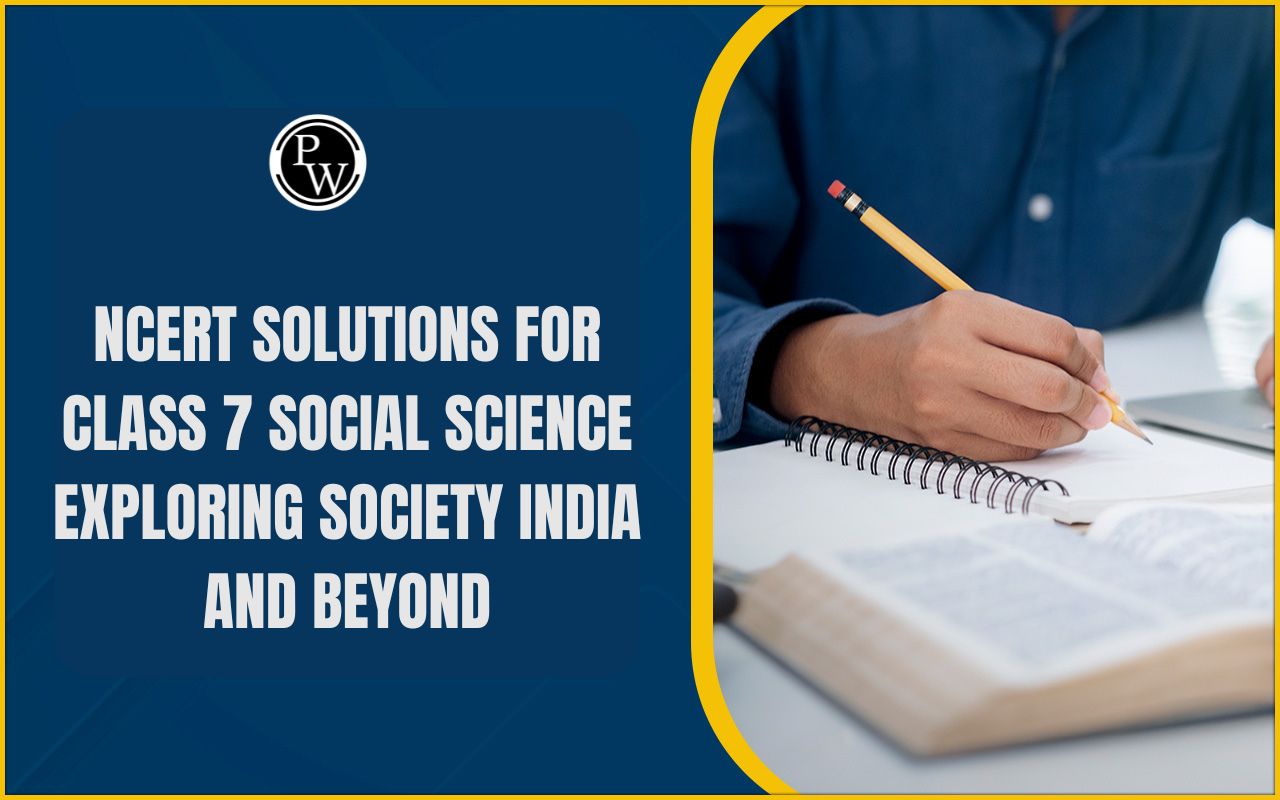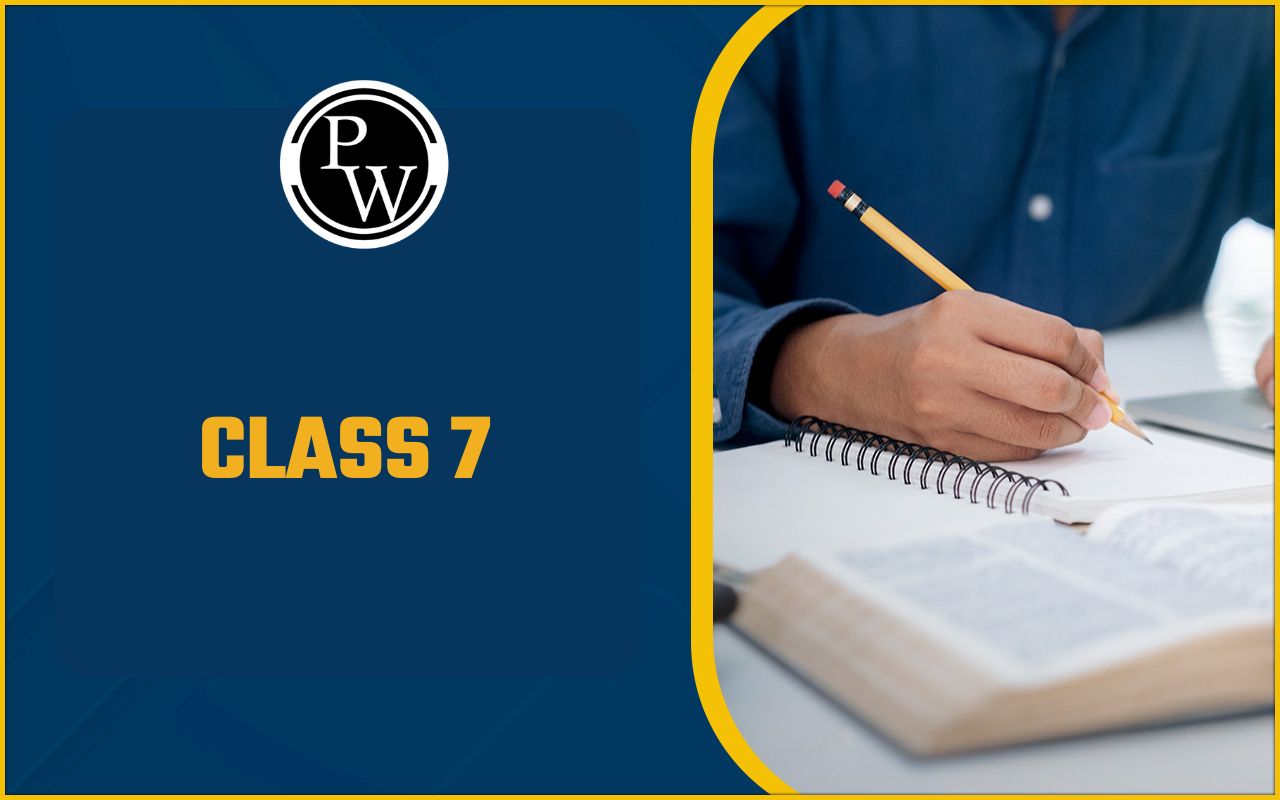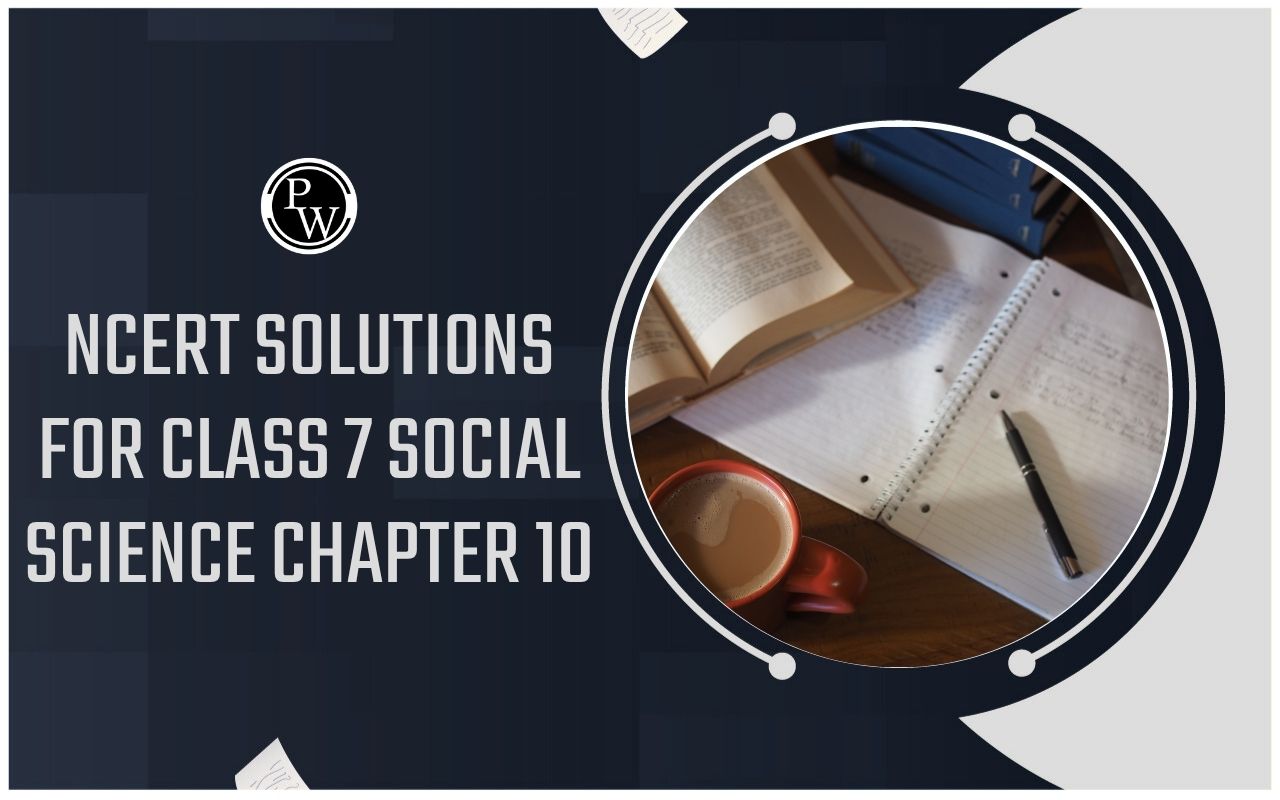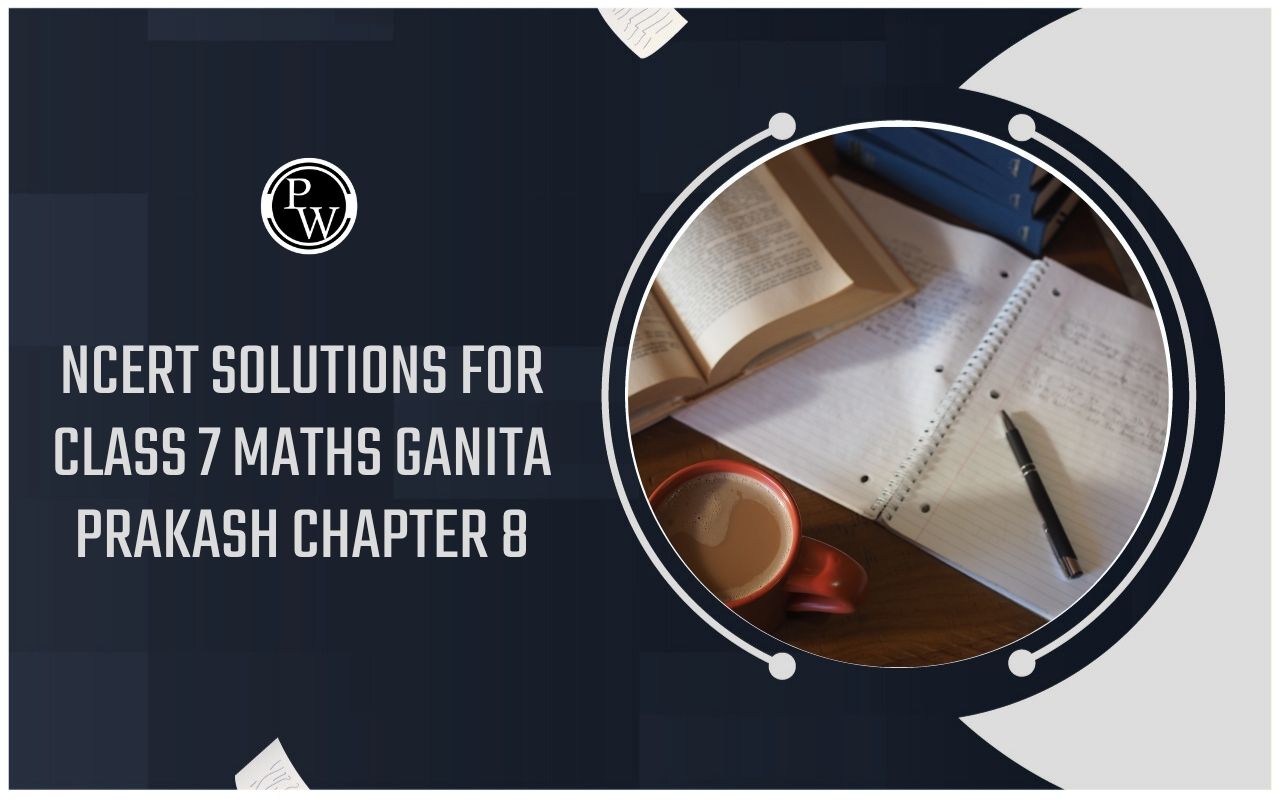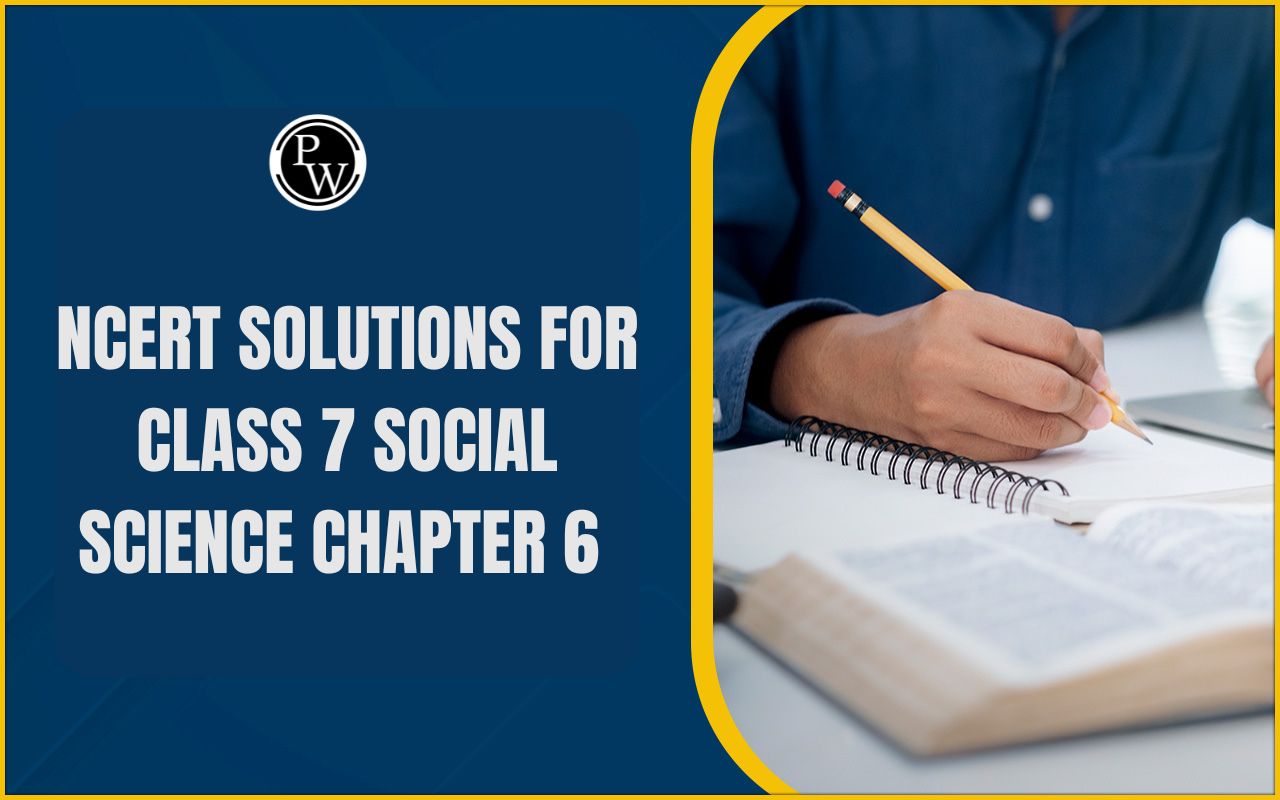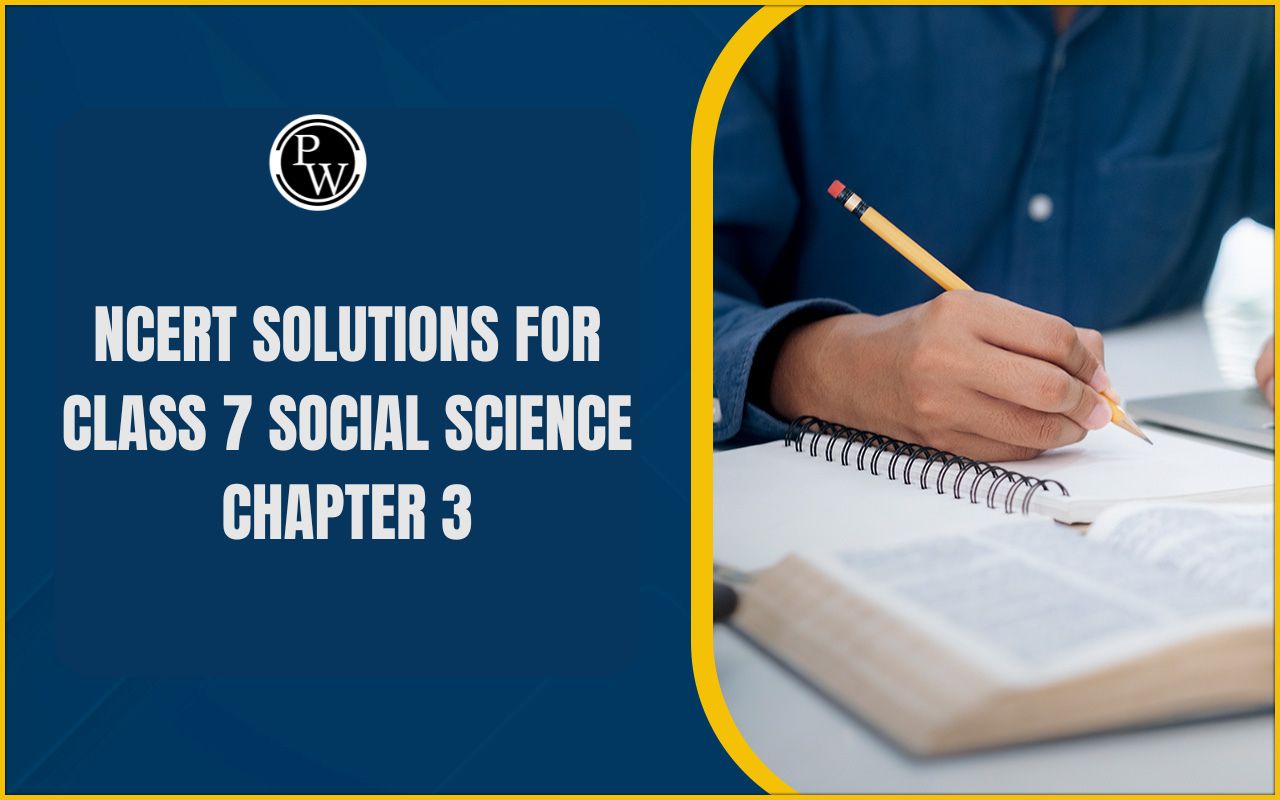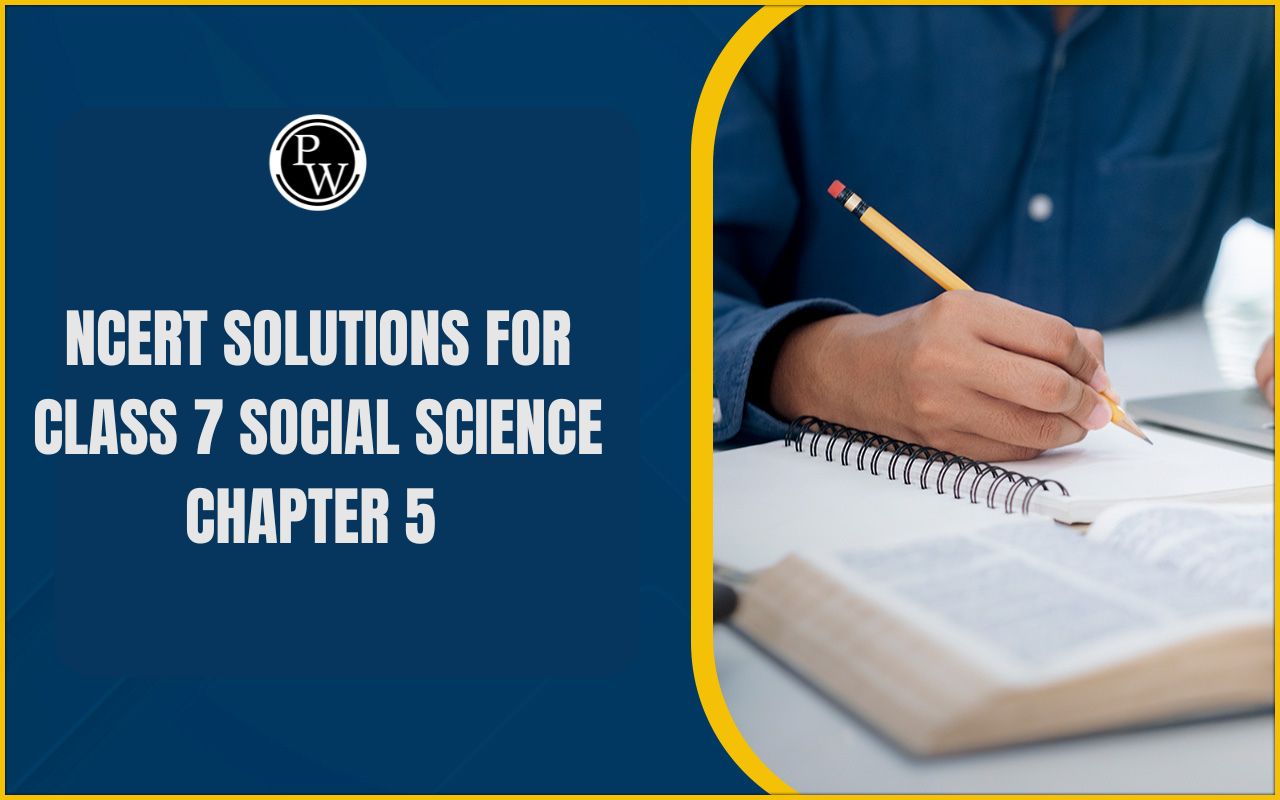
NCERT Solutions for Class 7 Social Science Chapter 9 From the Rulers to the Ruled Types of Governments will help you learn about the different forms of government, including democracy, monarchy, theocracy, dictatorship, and oligarchy.
The chapter explains how governments function, the roles of citizens, and how power is used in various systems. Children will also understand the significance of democracy, its core principles, and the difference between parliamentary and presidential democracies. This chapter provides a deeper understanding of how governments affect people's lives and societies.
From the Rulers to the Ruled Types of Governments
CBSE Class 7 Social Science Syllabus Chapter 9 From the Rulers to the Ruled - Types of Governments in Class 7 Social Science provides an in-depth exploration of the different forms of government that shape societies.
It starts by discussing the basic functions of a government, which include maintaining law and order, ensuring security, managing national resources, and working for the welfare of its citizens. The chapter goes into detail about various types of governments, such as democracy, monarchy, theocracy, dictatorship, and oligarchy, examining how each form operates, the source of power, and how they interact with the people.
The concept of democracy is focused on, explaining its importance in giving citizens the power to elect their leaders and by making sure equality, freedom, and justice for all. Additionally, the chapter highlights the differences in the structures of governments and discusses how democracies vary, including the distinction between parliamentary and presidential systems.
Class 7 Social Science Chapter 9 Question Answers
Below, we have provided the question answers for Chapter 9 From the Rulers to the Ruled - Types of Governments. This chapter explores various forms of government, such as democracy, monarchy, theocracy, and dictatorship, and explains their structures, functions, and how they interact with the people. The answers cover key concepts related to the role of government, its impact on society, and the importance of democratic values.
1. What are the different types of government?
-
The different types of government are - Democracy, Monarchy, Theocracy, Dictatorship and Oligarchy
2. Where do governments get their power from?
-
Governments get their power from the people (in democracies) or from a religious source (in theocracies) or from force (in dictatorships). In a democracy like India, the authority is derived from the will of the people, who elect their representatives.
3. How does a country’s government interact with the people?
-
A country’s government interacts with the people through elections, laws, policies, and services. It also maintains law and order, makes sure welfare, and manages the economy. In democracies, the government is also accountable to the people and works for their welfare.
4. Why does democracy matter?
-
Democracy matters because it makes sure that the people have the power to choose their representatives, make decisions, and control the government. It promotes equality, freedom, and justice for all citizens, and it provides mechanisms for holding the government accountable for its actions.
Question Answers class 7 social science chapter 9 from Let’s Explore
Check below for the question and answer solutions from NCERT Class 7 Social Science Chapter 9 "Let’s Explore." This chapter talks about explorers, their journeys, and how they helped us learn about different places around the world.
1. Which of the three methods do you think is most effective for forming a student committee in school? Why?
-
The third method is the most effective: allowing students from each grade to elect representatives. This makes sure that all students have a voice in the decision-making process. It helps in fair representation and makes sure that the needs of every grade are taken into account. It is a democratic approach and can be more efficient in addressing everyone's concerns.
2. What are the differences between the student committee in a school and the parliamentary and legislative committees?
-
In a school committee, the representatives are chosen by the students themselves, but in parliamentary committees, the members are elected as part of a larger political system. Parliamentary committees often have more formal responsibilities, such as lawmaking, governance, and representing the nation’s citizens. Moreover, parliamentary committees have more powers and authority compared to a school committee.
3. After learning about the functions of government, which do you think is the most important function? Why?
-
The most important function is the legislative function, where laws are made because laws are the foundation for maintaining order and justice in society. Without proper laws, society would lack rules to govern behavior, which could lead to chaos and injustice.
4. Why does an independent judiciary matter in a democracy?
-
An independent judiciary is important because it makes sure that laws are fairly enforced without interference from the government or other powerful bodies. It helps in the protection of citizens’ rights, checks government powers, and makes sure that justice is impartial and equal for all.
Class 7 Social Science Chapter 9 Questions and Activities Page 2027
Check below for the questions and activities from NCERT Class 7 Social Science Chapter 9, Page 2027. This page covers important questions and activities related to the topic "Let's Explore" to help you understand the concepts better.
1. Write the names of the various types of government that you have learned in the chapter.
-
The various types of government mentioned in the chapter are:
-
Democracy
-
Monarchy
-
Theocracy
-
Dictatorship
-
Oligarchy
2. Which type of Government does India have? And why is that called that type?
-
India has a Democratic government, specifically a Parliamentary Democracy.
-
It is called a "democracy" because the people of India have the power to elect their leaders through voting, making it a government "of the people, by the people, and for the people."
-
It is parliamentary because the executive (Prime Minister and Council of Ministers) is chosen from and is accountable to the legislature (Parliament), and they function with the confidence of the legislature.
3. You read that an independent judiciary is present in all types of democracies. State any three reasons why you think it is important for the judiciary to be independent.
-
Fair Justice: An independent judiciary makes sure that the law is applied fairly without interference from the government.
-
Protection of Rights: It helps protect the fundamental rights of the citizens, as it can judge whether any law or action violates the Constitution.
-
Checks and Balances: The judiciary acts as a check on the power of the executive and legislature, preventing any of them from becoming too powerful or abusing their authority.
4. Do you think democratic government is better than other forms of government? Why?
-
Yes, a democratic government is better because:
-
People’s Voice: In a democracy, people have the power to choose their leaders and make decisions that affect their lives.
-
Equality and Freedom: It makes sure equality and freedom for every citizen, allowing them to express their views and follow their beliefs.
-
Accountability: Democratic governments are accountable to the people, and they can be replaced if they fail to deliver on their promises.
5. These are some practices in a few different countries. Can you match the practice with the type of government?
-
I. All citizens are treated equally before law - Democracy
-
II. The government refers to the religious leader for each and every decision it takes - Theocracy
-
III. After the queen’s death, her son became the new king - Monarchy
-
IV. The ruler is not bound to follow any Constitution. He makes all the decisions as per his choice - Dictatorship
6. Below is a list of countries. Find out the types of government these countries have:
-
Bhutan - Monarchy
-
Nepal - Democracy
-
Bangladesh - Democracy
-
South Africa - Democracy
-
Brazil - Democracy
7. What are the possible hurdles in a democracy in achieving its values and ideals? How can they be overcome?
-
Hurdles:
-
Corruption: Corruption can hinder the government from performing its duties efficiently.
-
Wealth Disparity: A wide gap between the rich and the poor can affect equality and justice.
-
Manipulation of Information: Some groups may try to manipulate media or information, misleading citizens.
-
Solutions:
-
Strict laws and enforcement to curb corruption.
-
Equal opportunities for education, healthcare, and employment to reduce wealth disparity.
-
Promote transparency in government activities and makes sure freedom of the press.
8. Democracy is different from monarchy and dictatorship. Explain.
-
Democracy allows people to choose their leaders and representatives through elections. Citizens have the right to vote and express their opinions freely.
-
Monarchy is a form of government where the head of state is a king or queen, and the position is usually inherited.
-
Dictatorship is a form of government where one person or a small group holds absolute power without being accountable to the people.
NCERT Solutions for Class 7 Social Science Chapter 9 PDF
Below, we have provided the NCERT Solutions for Class 7 Social Science Chapter 9 in PDF format. This chapter, titled "From the Rulers to the Ruled - Types of Governments," covers the various forms of government such as democracy, monarchy, dictatorship, theocracy, and oligarchy.
The PDF includes detailed answers to all the questions from the chapter, offering a comprehensive understanding of how different governments function and interact with the people, along with key concepts related to democracy and governance.
NCERT Solutions for Class 7 Maths Ganita Prakash Chapter 7
Study without using the internet
Benefits of Using NCERT Solutions for Class 7 Social Science Chapter 9
Below, we have provided the NCERT Solutions for Class 7 Social Science Chapter 9. Using these solutions helps students gain a clear understanding of different government systems, improve their exam preparation, develop analytical skills, and boost confidence by providing concise, structured, and accurate answers to all chapter-related questions.
Comprehensive Understanding:
-
NCERT Solutions provide clear, detailed explanations of concepts like types of government, democracy, monarchy, dictatorship, theocracy, and oligarchy. This helps students grasp the various government systems and their functions in society.
Structured Answers:
-
The solutions are organized systematically, ensuring that each question is answered step-by-step, making it easier for students to understand complex topics and prepare effectively for exams.
Enhanced Learning:
-
Using NCERT Solutions helps in reinforcing learning by providing answers to in-text and back-of-the-book exercise questions. It makes sure that students can quickly review and revise key points, improving retention and understanding.
Develops Analytical Skills:
-
The solutions encourage students to analyze different government systems, their pros and cons, and their impact on people’s lives, thus developing their critical thinking and analytical skills.
Time-Saving:
-
The solutions are concise and to the point, saving time for students by providing quick access to correct answers and eliminating the need to search for additional resources.
NCERT Solutions for Class 7 Social Science Chapter 9 FAQs
What are the different types of government covered in Class 7 Social Science Chapter 9?
Why is democracy important in the context of governance in Class 7 Social Science Chapter 9?
How does a government interact with its people, as explained in Class 7 Social Science Chapter 9?
What is the difference between parliamentary and presidential democracy in Class 7 Social Science Chapter 9?

